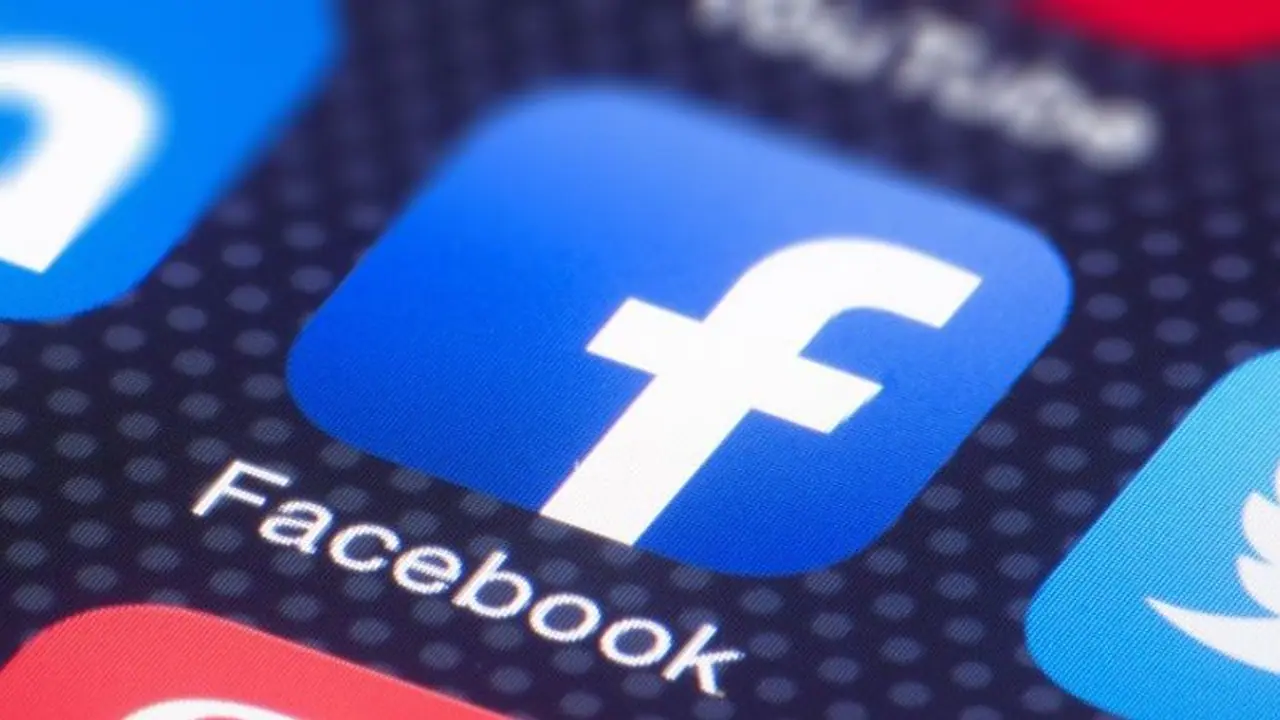The social media platform, which allows for more critical commentary on public figures than private individuals, is changing its stance on harassment of journalists and "human rights defenders," who, according to the report, are in the public eye because of their work than their public personas.
Facebook will now consider activists and journalists to be "involuntary users." In an interview this week, its global safety chief stated that the organization's goal is to increase protections against harassment and bullying directed at public figures and thus increase protections against harassment and bullying referred at these groups. The social media platform, which allows for more critical commentary on public figures than private individuals, is changing its stance on harassment of journalists and "human rights defenders," who, according to the report, are in the public eye because of their work than their public personas.

Global politicians and authorities are scrutinizing Facebook's content moderation methods and the damages associated with its services. Last week's US Senate hearing was based on internal papers disclosed by a whistleblower. The treatment of public figures and information uploaded by or about such people on Facebook, which has around 2.8 billion monthly active users, has been the subject of heated controversy. The company's "cross-check" mechanism, which the Wall Street Journal said exempts some high-profile users from standard Facebook restrictions, has been in the limelight in recent weeks.
"
Also Read | Facebook whistleblower says firm can't filter hate speech in Hindi, Bengali
In terms of online debate safeguards, Facebook distinguishes between public figures and private individuals: for example, users are typically permitted to advocate for the murder of a celebrity in talks on the site, as long as they do not tag or explicitly identify the star. According to Facebook's standards, they cannot advocate for the death of a private individual or, more recently, a journalist. The firm declined to provide a list of other involuntary public figures, saying they are evaluated on a case-by-case basis. Facebook announced earlier this year that it would delete anything commemorating, applauding, or ridiculing George Floyd's death since he was designated an involuntary public person.
Antigone Davis, Facebook's Global Head of Safety, said the company was also broadening the sorts of assaults it would not tolerate on public figures on its platforms, as part of an attempt to minimize attacks that disproportionately affect women, people of colour, and the LGBTQ community. Facebook will no longer allow offensive and unwelcome sexualizing content, disparaging sexualized altered pictures or drawings, or direct harmful assaults on a person's looks in comments on a prominent figure's page.
Also Read | Instagram will ask teenagers to 'take a break' from app, stay away from harmful content
